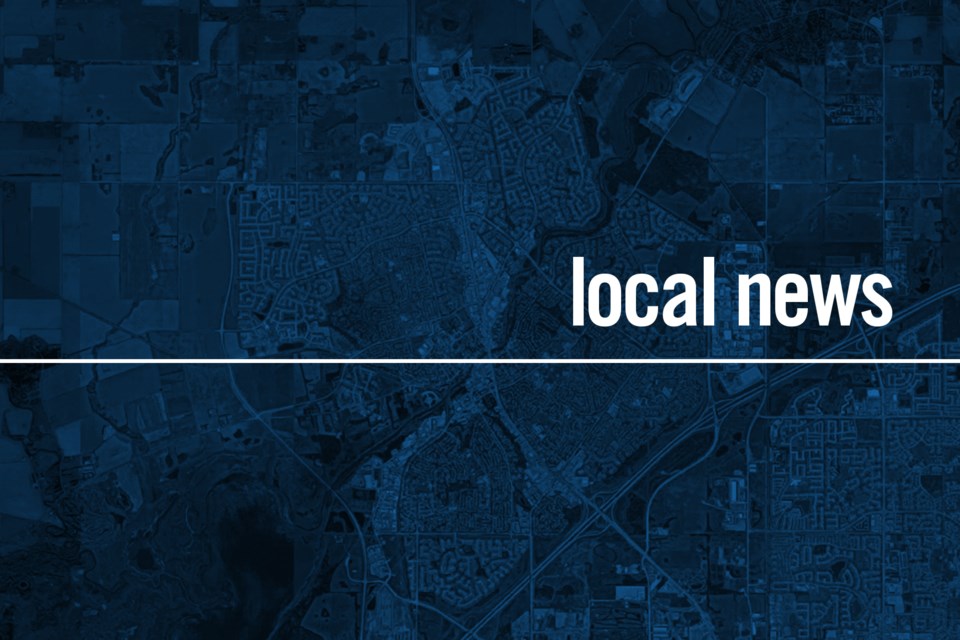St. Albert-Edmonton MP Michael Cooper describes changes to medical assistance in dying (MAiD) rules that include allowing mental illness to be a sole reason, as the height of recklessness.
“This legislation violates international human rights norms, and, I believe, violates the Charter rights of vulnerable Canadians. This is legislation that is truly radical and dangerous and rushed – especially opening the door to mental illness,” said Cooper.
On March 17, Minister of Justice and Attorney General David Lametti and Minister of Health Patty Hajdu announced that changes to Bill C-7 had received royal assent and come into force. The federal government had raced against the clock to get the bill signed into law just a week ahead of a court-ordered March 26 deadline.
Changes to the bill include removing a requirement for a person’s natural death to be "reasonably foreseeable," which was in response to the Superior Court of Quebec’s 2019 Truchon ruling.
Now, in the case where a person’s death is not reasonably foreseeable, the eligibility assessment for MAiD must take 90 days unless the person is about to lose decision-making capacity. After being informed they have a “grievous and irremediable medical condition, a person must have a written request signed by an independent witness.
Cooper doesn’t think one witness is enough.
“When one executes a will, it's necessary to have two witnesses in order for that will to be valid – and yet here when we're talking about a procedure that you know is irreversible that results in the termination of one's life, there's a lesser safeguard,” said Cooper.
The person must be informed of available means to relieve their suffering with their practitioners and seriously consider those means. They also must be offered support services from professionals.
In the case where a person’s death is foreseeable, the law now allows there to be only one independent witness to sign the written request to access MAiD.
The new law also waives a 10-day reflection period and allows individuals to waive final consent if they are at risk of losing capacity.
Cooper thinks the 10-day reflection period was reasonable as it gave a person the opportunity to reflect on an irreversible decision.
“Removing the 10-day reflection period opens the door to same-day death, and that is a very dangerous thing,” he said.
The Senate amended the bill to also include people who are solely suffering from mental illness. Eligible conditions include those in the domain of psychiatry, such as depression and personality disorders. It does not include neurocognitive and neurodevelopmental disorders, or other conditions that may affect cognitive abilities.
Cooper said he worries vulnerable people will be put at risk.
“Many leading mental health professionals know that when we're talking about mental illness, it's not possible to determine irremediability. In other words, it's not possible to determine whether someone can get better or recover and go on to lead a healthy life for years or decades more," he said.
Chantelle Hosseiny is a member of the Edmonton chapter of Dying with Dignity, a human rights organization that advocates for quality end-of-life choices. She said it would be unconstitutional to not allow people with mental illness to access MAiD.
“I don't think it's fair for anybody to judge how much somebody is suffering from the outside – that is that individual person's own experience, and only they can speak to that ... If you did exclude people with mental illness from receiving medical assistance in dying and that's something that they really wanted, that is actually a form of discrimination,” said Hosseiny.
Hosseiny said the organization is happy with a few of the changes made in this new law, including people no longer having to consent right before the procedure is performed.
“That has been a problem in the past because people would get their assessments, they would be given the go-ahead to receive medical assistance and dying but then they may lose capacity because of their condition, and they aren't able to sign that final form, and then they would no longer qualify,” she said.
Read more from StAlbertToday.ca




